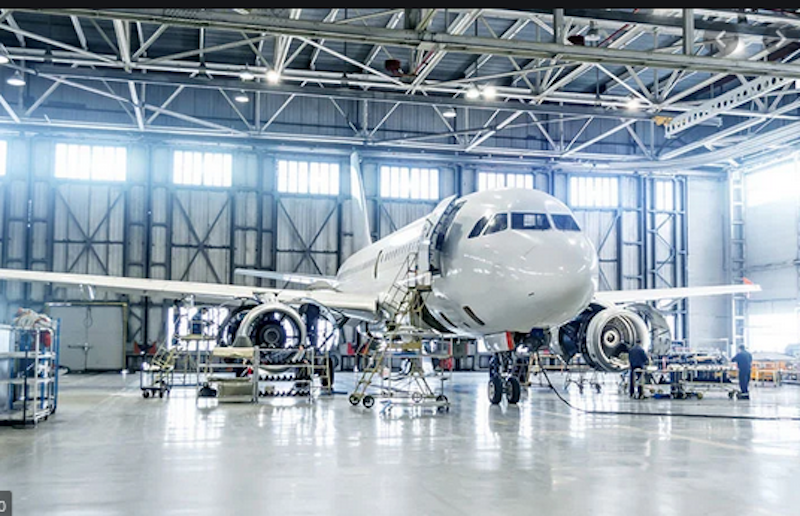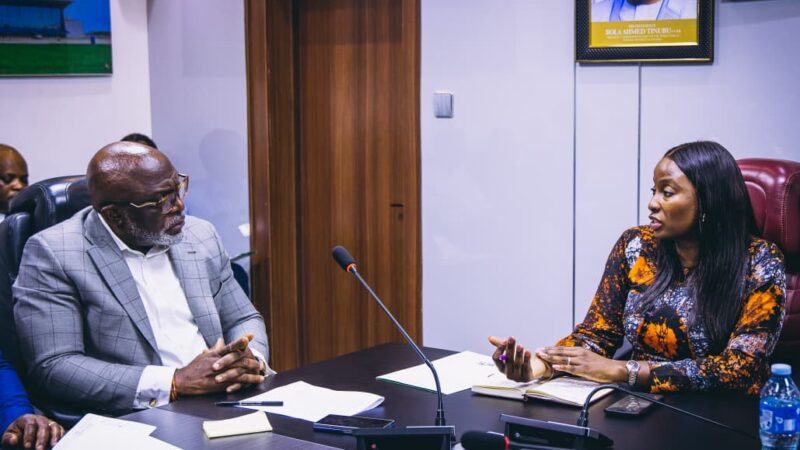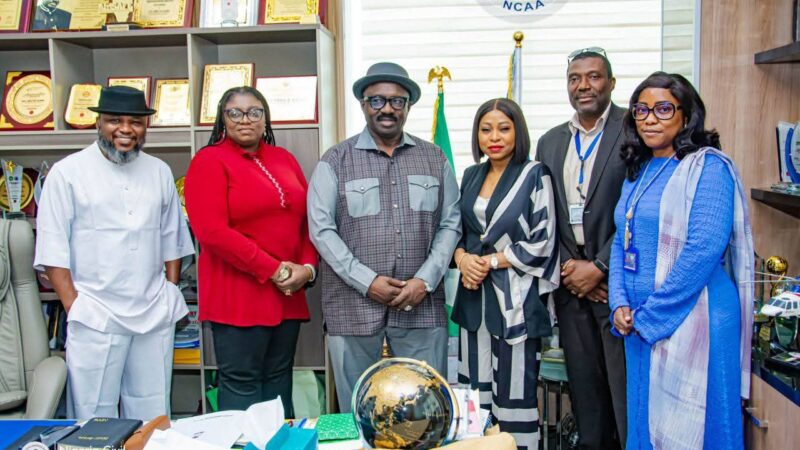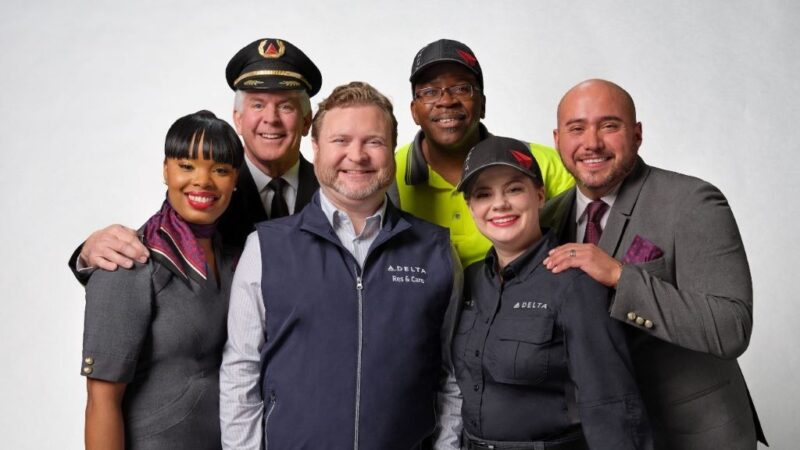High cost of aircraft maintenance overseas: Experts accuse FG of playing politics with MRO


Airlines in Nigeria spend over N23 billion overseas annually to carry out basic maintenance checks on their aircraft, experts have confirmed.
An investigation has shown that the amount (N23bn) represents a fraction of the cumulative cost of maintenance, premium insurance, spare parts, and other services airlines procure overseas, including salaries of expatriates.
The situation has paved way for capital flight to flourish, leaving the nation’s economy in the doldrums and the airlines themselves bleeding with too many debts due to high rates of foreign exchange.
To tackle this issue head-on, stakeholders in the nation’s aviation industry have suggested that setting up an MRO (Maintenance, Repair, and Overhaul) facility would reduce capital flight and other expenses on services rendered in foreign currencies.
They, however, said this agitation has been on for decades, but it appears the government is playing politics with the issue, having promised several times to set up the facility in the country but failed.
A former aircraft engineer with the defunct Nigeria Airways, Engr. Lookman Animashaun disclosed during an interview with aviation correspondents in Lagos recently that there is no MRO in the country now because the government has not been serious about it.
“Nigeria doesn’t have an MRO now because we are not serious about having it. Most of the things they are doing are politics and they are telling people what they want to hear at a particular time. Honestly, I must tell you that we are playing to the gallery. If truly we are serious as a nation, we should have gotten MRO now.
“We should have built on what we had in Nigeria Airways then, rather than liquidating it,” Animashaun said.
According to him, “without a sustainable MRO in the country, the industry will continue to experience capital flight and what we are experiencing now, which is the moment the aircraft is due for heavy maintenance, it will be taken out.
“If there is no foreign exchange to carry out the maintenance, the aircraft will remain there and the next we are going to hear about the aircraft is that it can’t be sent to Nigeria. That is one of the reasons we are having low capacity in the industry as of today,” he added.
Calculating the cost of maintenance, Animashaun said the minimum airlines can pay for a C-check overseas is between $1 million and $2 million, depending on the task involved.
“Let’s do the calculation. The minimum you can do a C-check now for any airline is $1m; there are some C-checks that can even go as high as $2m, depending on the way and manner the aircraft is maintained. Let’s keep to the minimum of $1m.
“Let’s say on the average, each airline has three aircraft, the number of aircraft scheduled airlines we have, multiply it by $1m. By the time you do that, you will realise that we are losing about $300m as capital flight annually. If you have an MRO in Nigeria, that will remain in the country.
“Without a sustainable MRO and the government looking at it, we will continue to be in a quagmire as we are having right away,” he said.
He said the only thing that gives the airlines a glimmer of hope is the efforts by the Akwa Ibom State Government to set up an MRO facility in the state.
According to him, the facility is still under construction and should be completed next year – 2022.
The airlines are not particularly sure whether the state-owned facility will have the capacity to handle the workload of servicing all the aircraft in their fleet.
A former security chief and stakeholder in the industry, Capt. John Ojikutu also said the delay in having an MRO facility in the country can be attributed to the instability of the government and its policies.
“Building aircraft maintenance depot has been on the government programmes as far back as the 80s, but for the instabilities of governments and its policies, the project remains in the tunnel and never to see the daylights as long as it remains with the government administrators.
“What is trending in the commercial aviation sector globally today is a public-private partnership. Government cannot regulate and still be the sole operator of aircraft and maintenance at any level.
“The delay in getting an MRO set up in the country can only be either there is no clear understanding among those responsible for policy administration in government or between them and those in the private partnership,” he said.
According to him, the cost of aircraft maintenance offshore is and has always been exorbitant. It ranged between $500,000 to $2m depending on the required level of maintenance.
“If you imagine about 50 aircraft in a year for whatever level and an average of $500,000 to $1m for an aircraft, you might be looking at a total average of $25m to $50m.
“The question to ask; do these airlines and aircraft operators make such earnings annually in returns to the CBN or we still must find the money for them from the public reserve? That is the dilemma of our country in distress and now bleeding,” Ojikutu said.
The current Minister for Aviation, Hadi Sirika promised to set up an MRO facility in the country as part of his six-point agenda for the industry.
It would be recalled that Sirika mentioned A J Walters Aviation Limited, EgyptAir Maintenance & Engineering (EGME), and Glovesly Pro-Project Limited as the preferred bidders to drive his agenda of establishing an MRO facility in the country.
The Minister also promised that the MRO facility would be sited at the Nnamdi Azikiwe International Airport, Abuja, and would be run by a Public-Private Partnership (PPP) using the build, operate, and transfer model.
But six years down the line, it appears all these promises were mere political statements and may never see the light of day.







